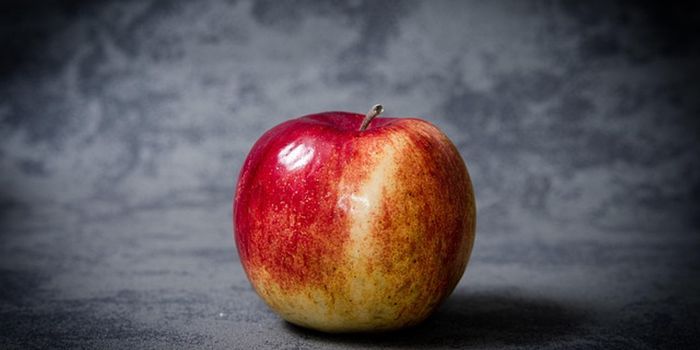While there are many health problems related to alcohol use, the stakes are even higher when teenagers drink. The brain is still developing in teens and binge drinking, which is more common in teens than in adults, can have consequences in that affect memory, cognition and even brain function in the offspring of teen drinkers. A new study from the Loyola University Chicago Stritch School of Medicine has looked at binge drinking and found that the effects can carry over into the next generation.

Binge drinking is an area of concern because statistics show that between the ages of 13-18 years old 21% of teenagers report having gone on at least one drinking binge in the previous 30 days. That number jumps to 36% when surveying young adults between the ages of 18 and 20. Binge amounts are defined differently for males and females. For women, the amount is set at four drinks in on one occasion. Since men are often larger and have more muscle mass, five drinks in one sitting is defined as a binge. These amounts have been shown to raise the blood alcohol level to .08% in two hours. .08% is the legal standard for driving under the influence.
While that is the lower end of binge amounts, it’s not uncommon for teens to be at a party or other event and consume 10-15 drinks. Binge drinking can begin as early as age 13, usually peaking in the college age group of 18-22. Since it is this period that is also known for crucial maturity and brain development, the combination of large amounts of alcohol while the brain is still forming and cognitive and emotional growth is happening is problematic. The study from Loyola was presented at Neuroscience 2016 in November and is among the first work to show the effects of alcohol use on the children of drinkers.
Senior author Toni R. Pak, PhD, an associate professor in the Department of Cell and Molecular Physiology of Loyola University Chicago Stritch School of Medicine stated, “Adolescent binge drinking not only is dangerous to the brain development of teenagers, but also may impact the brains of their children.”
The study used lab rats and was carefully controlled so that any findings would be attributable to the alcohol use and not to other confounding factors. Researchers exposed adolescent rats to an eight-day binge-drinking course. For three days rats were injected with enough alcohol to mimic a person being 2 to 2.5 times over the legal limit. The control group of rats were injected with saline. After the initial three days the rats spent two days not drinking and then the three-day binge was repeated.
After becoming sober, the rats mated and the offspring were examined for any genetic abnormalities. Looking at the genes in the hypothalamus of the offspring, the team found that there were changes at the molecular level of the DNA, and these changes significantly impacted the release of the stress hormone corticosterone, which in humans is equivalent to cortisol. There were 159 different changes in the offspring of drinking mother rats and 93 in the offspring of male rats who had been binged. The results showed a complete flip of genetic switches with genes that normally were on showing as off as well as those normally off coming on. While not every animal model study will translate to humans, the rat and human system of processing alcohol and brain function are often compared in research because of the similarities between them. The work was the first to show a direct path to changes at the molecular level of the next generation. Take a look at the following video which shows how alcohol affects the brain.
Sources
Loyola University,
Society for Neuroscience,
Journal Alcohol,
National Institute on Alcohol Abuse and Alcoholism









